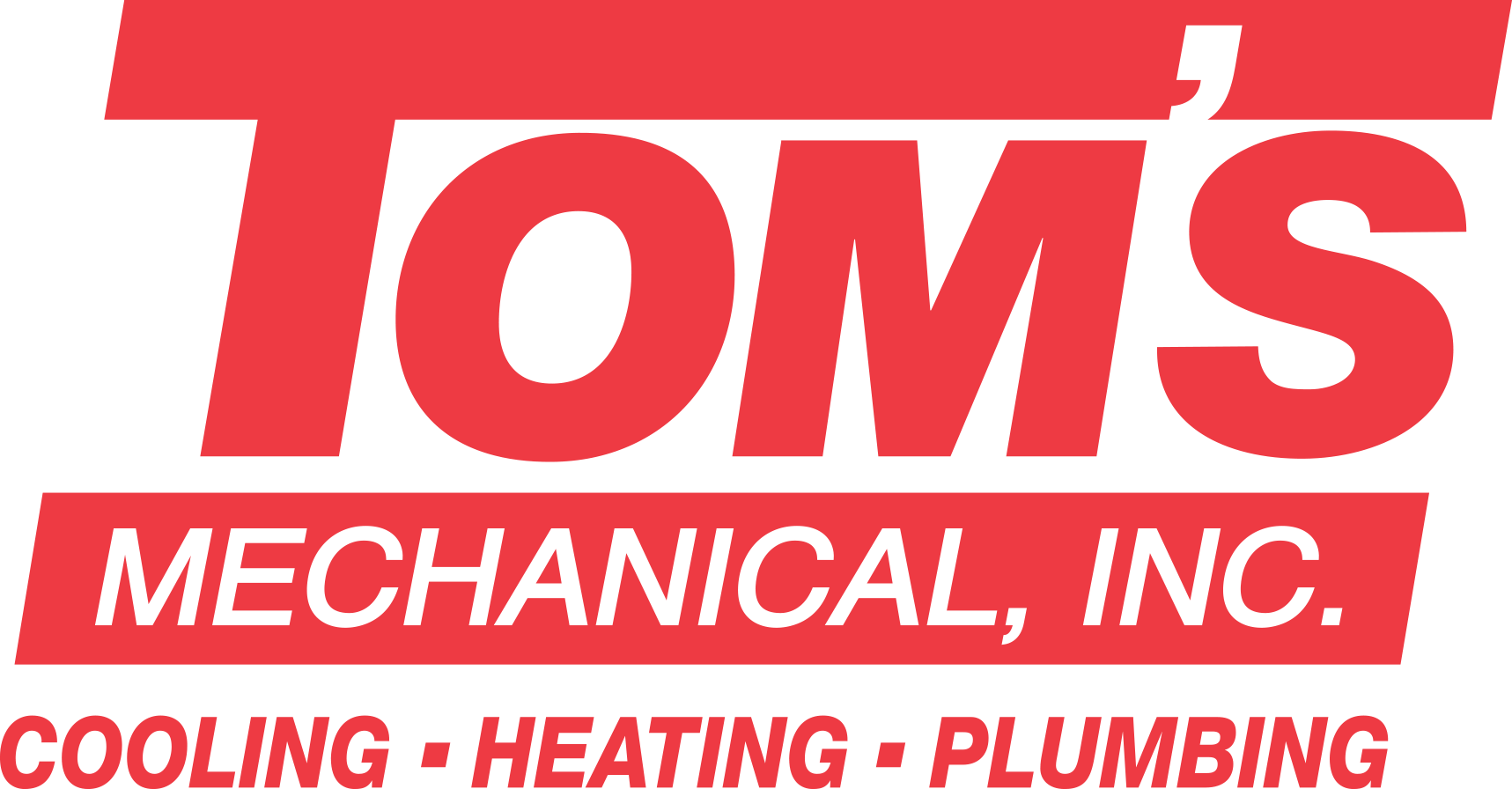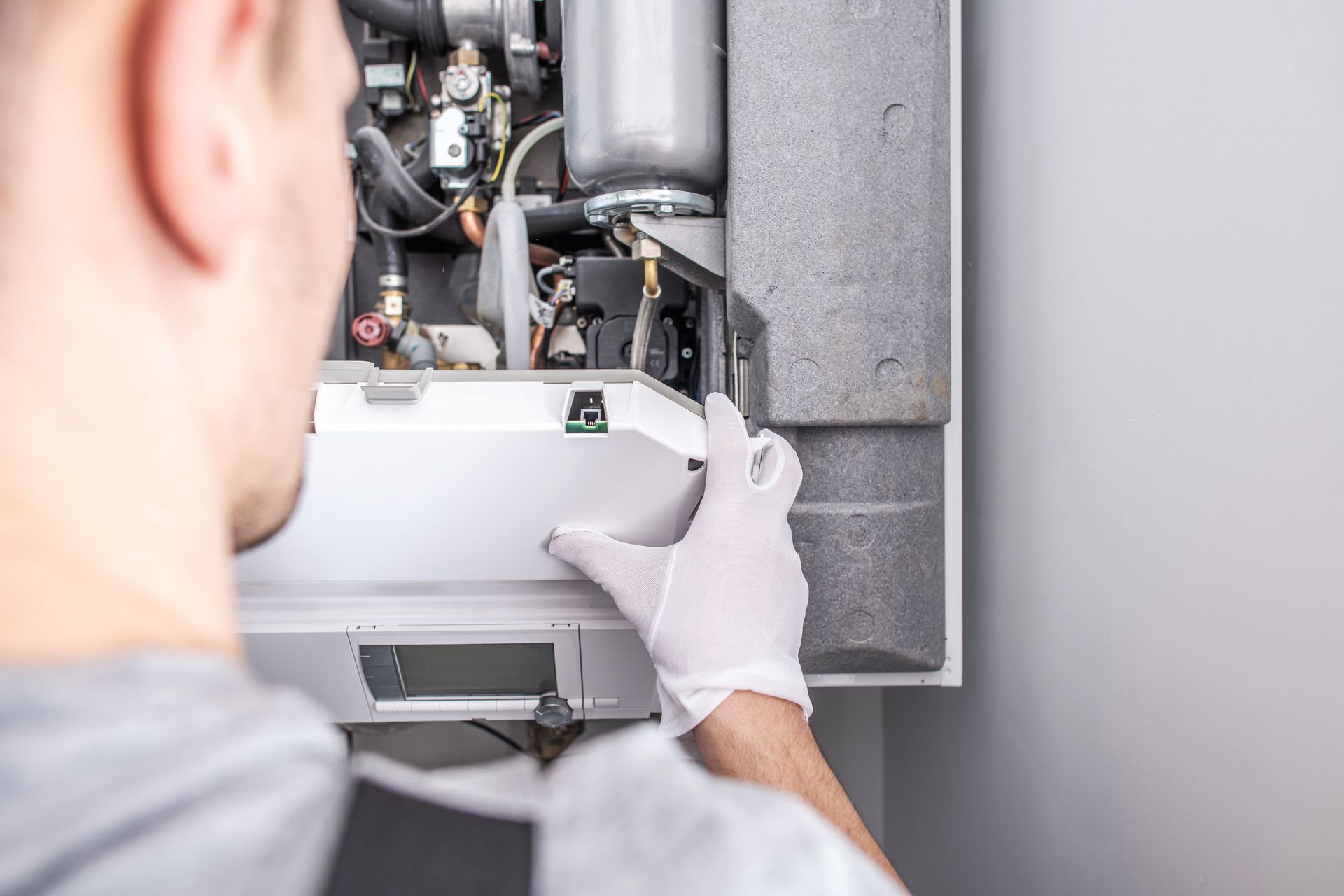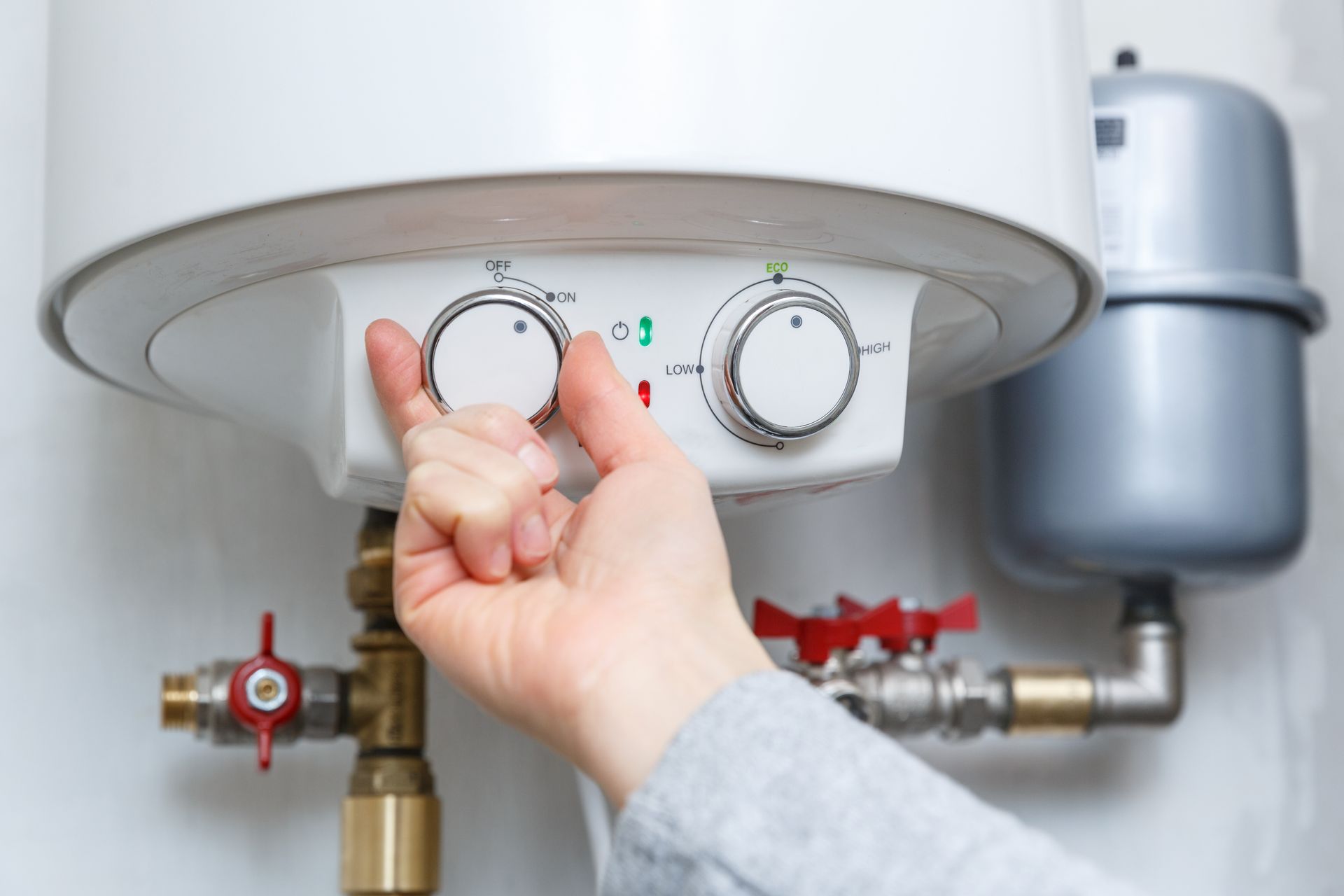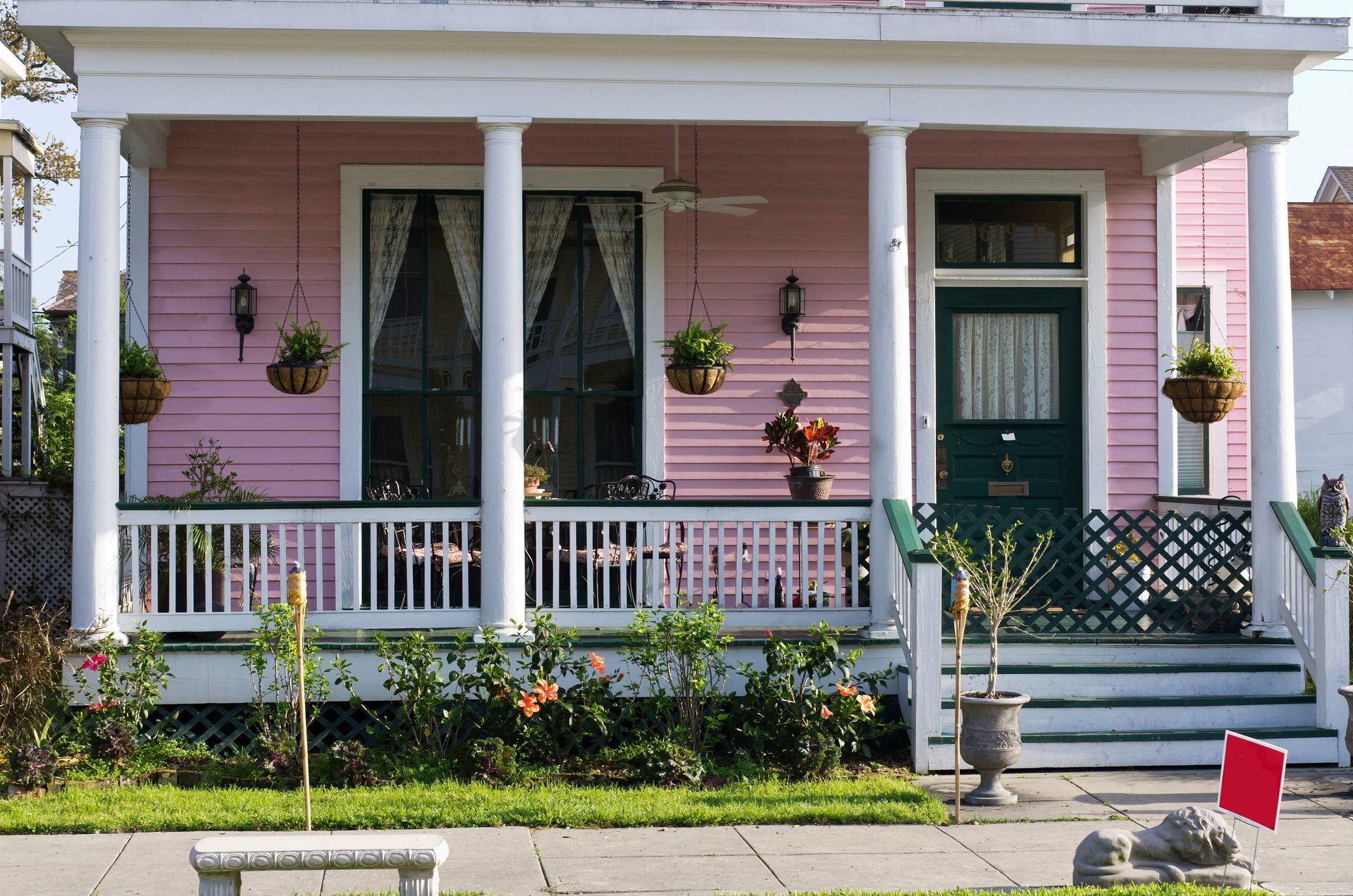Common HVAC Airflow Problems and How to Get Them Fixed Properly
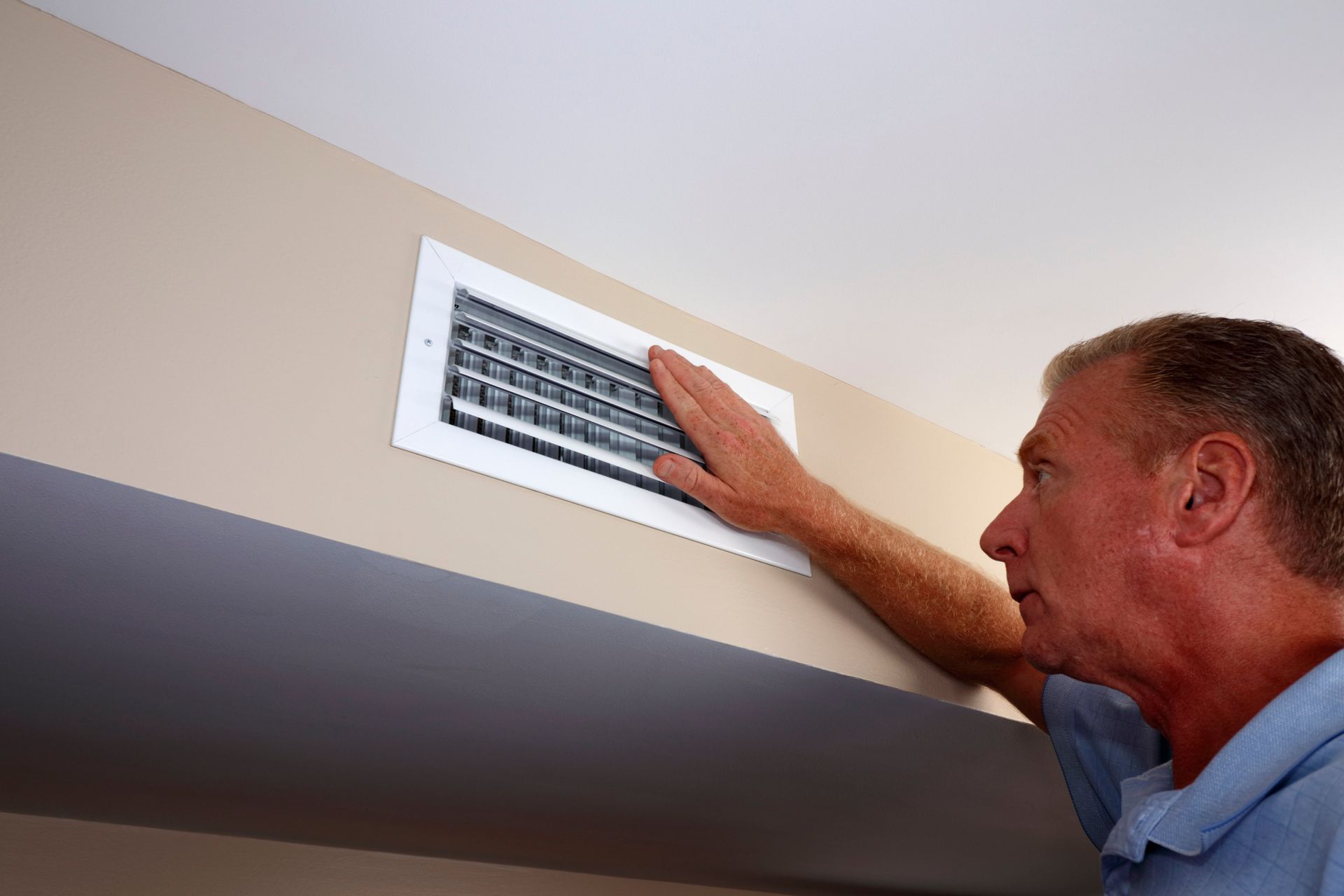
Your home's HVAC system plays a crucial role in keeping your indoor environment comfortable year-round. If for whatever reason you're experiencing issues with airflow, it can impact your system's efficiency, energy consumption and overall comfort.
From simple issues like dirty or clogged air filters to more complicated problems like an oversized HVAC unit or broken AC blower, there are several reasons why your HVAC’s airflow may be compromised.
Leaving HVAC airflow issues untreated can lead to more serious and costly problems, such as compressor failure or the need to replace your whole unit. By being mindful of the signs of airflow problems and taking proactive steps to address them, you can not only ensure a more comfortable living space but also extend the lifespan of your HVAC system and save on energy costs.
Blocked Vents
- Cause: Blocked vents are often due to things like furniture placement or someone intentionally closing a register and forgetting to reopen it.
- Symptoms: Uneven heating or cooling, reduced airflow from specific vents and increased energy bills.
- Solution: Begin by inspecting and clearing obstructions around vents. Ensure all registers are open and unblocked. If the issue persists, consider having your ducts professionally cleaned to remove any accumulated debris or dirt.
Clogged Filters
- Cause: Neglected air filters can become clogged with dust, dirt and debris, restricting the flow of air through your HVAC system.
- Symptoms: Reduced airflow, decreased system efficiency, increased energy consumption and poor indoor air quality.
- Solution: Replace or clean your air filters regularly, following the manufacturer's recommendations. This simple maintenance task can significantly improve airflow and extend the lifespan of your HVAC system.
AC Is Too Big or Not Big Enough
- Cause: An improperly sized HVAC system can lead to airflow problems. If your AC unit is too large, it may short cycle, causing poor dehumidification and inadequate airflow. Conversely, an undersized unit may struggle to cool or heat your space efficiently.
- Symptoms: Uneven temperature distribution, poor humidity control and frequent HVAC system cycling.
- Solution: Consult with an HVAC professional to determine the correct system size for your home's specific needs. Replacing an oversized or undersized unit with the appropriate size can improve airflow and overall system performance.
Dirty Coils
- Cause: Over time, the evaporator and condenser coils can accumulate dirt and grime, reducing their ability to transfer heat effectively.
- Symptoms: Reduced cooling or heating capacity, increased energy consumption and potential system breakdowns.
- Solution: Schedule regular professional maintenance to clean and inspect your HVAC system, including the coils. Cleaning or repairing damaged coils may restore airflow and improve system efficiency.
AC Blower Not Working
- Cause: A malfunctioning blower motor or fan can disrupt airflow within your HVAC system.
- Symptoms: Little to no airflow from vents, hot or cold spots in your home and increased energy bills.
- Solution: If you suspect a faulty blower, you should have it inspected and repaired by a qualified HVAC technician. They can diagnose the issue and recommend the necessary repairs or replacements to restore proper airflow.
Low Refrigerant Levels
- Cause: Low refrigerant levels can result from leaks in the HVAC system, causing reduced cooling capacity and airflow.
- Symptoms: Reduced cooling performance, warm air blowing from vents and ice buildup on the evaporator coil.
- Solution: Addressing refrigerant issues requires professional assistance. A certified HVAC technician can locate and repair refrigerant leaks, recharge the system with the correct refrigerant and ensure proper airflow and cooling capacity.
Faulty Thermostat
- Cause: A malfunctioning thermostat can miscommunicate with your HVAC system, leading to improper temperature control and airflow.
- Symptoms: Inaccurate temperature readings, frequent system cycling and uneven heating or cooling.
- Solution: Test your thermostat's accuracy by comparing its readings to a separate thermometer. If there’s a discrepancy, consider replacing the thermostat with a new programmable, smart thermostat that can better control temperature and airflow.
Can HVAC Airflow Problems Affect Your Home’s Indoor Air Quality?
HVAC airflow problems can have a significant impact on indoor air quality. The airflow within your HVAC system plays a crucial role in distributing conditioned air, filtering out contaminants and maintaining the overall health and comfort of your indoor environment. When airflow is compromised, it can lead to several negative effects on indoor air quality:
- Reduced Ventilation: Proper circulation is essential for removing indoor air pollutants.
- Increased Humidity: Inadequate airflow can affect the HVAC system's ability to dehumidify the indoor air properly. High humidity levels can promote the growth of mold, mildew and dust mites, all of which can worsen indoor air quality.
- Stagnant Airborne Contaminants: Without proper circulation, airborne contaminants like volatile organic compounds (VOCs) and cooking odors can linger in your living spaces.
- Increased Allergens: Poor airflow can result in the accumulation of allergens like dust and pet dander. This can trigger allergies and respiratory problems, especially in individuals with sensitivities.
- Odor Problems: Stagnant air can trap unpleasant odors, making your indoor environment less pleasant to be in.
How to Improve Your Home’s Indoor Air Quality
To mitigate the negative effects of HVAC airflow issues and maintain good indoor air quality it’s important to address and resolve any issues promptly.
This includes regular maintenance of your HVAC system, such as changing air filters, cleaning ducts and coils and scheduling professional inspections.
What’s more, proper sizing and design of your HVAC system to ensure adequate ventilation and airflow are critical for maintaining healthy indoor air.
Schedule Your Arlington HVAC Service from Tom’s Mechanical, Inc.
If you suspect airflow problems or notice a decline in indoor air quality, consider consulting with Tom’s Mechanical. One of our experienced technicians can perform the necessary repairs or improvements to restore proper HVAC airflow.
To schedule your service with us, call 817-277-4493.
